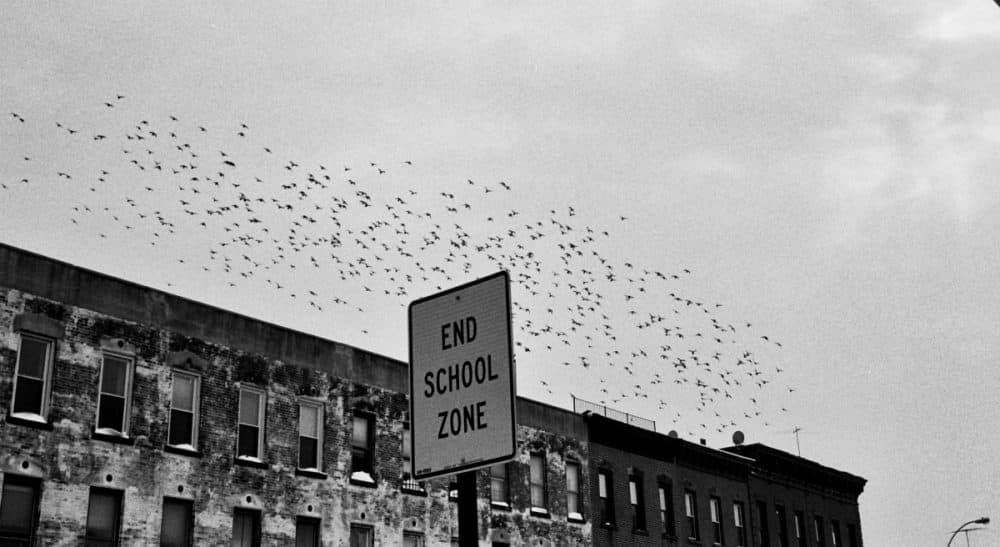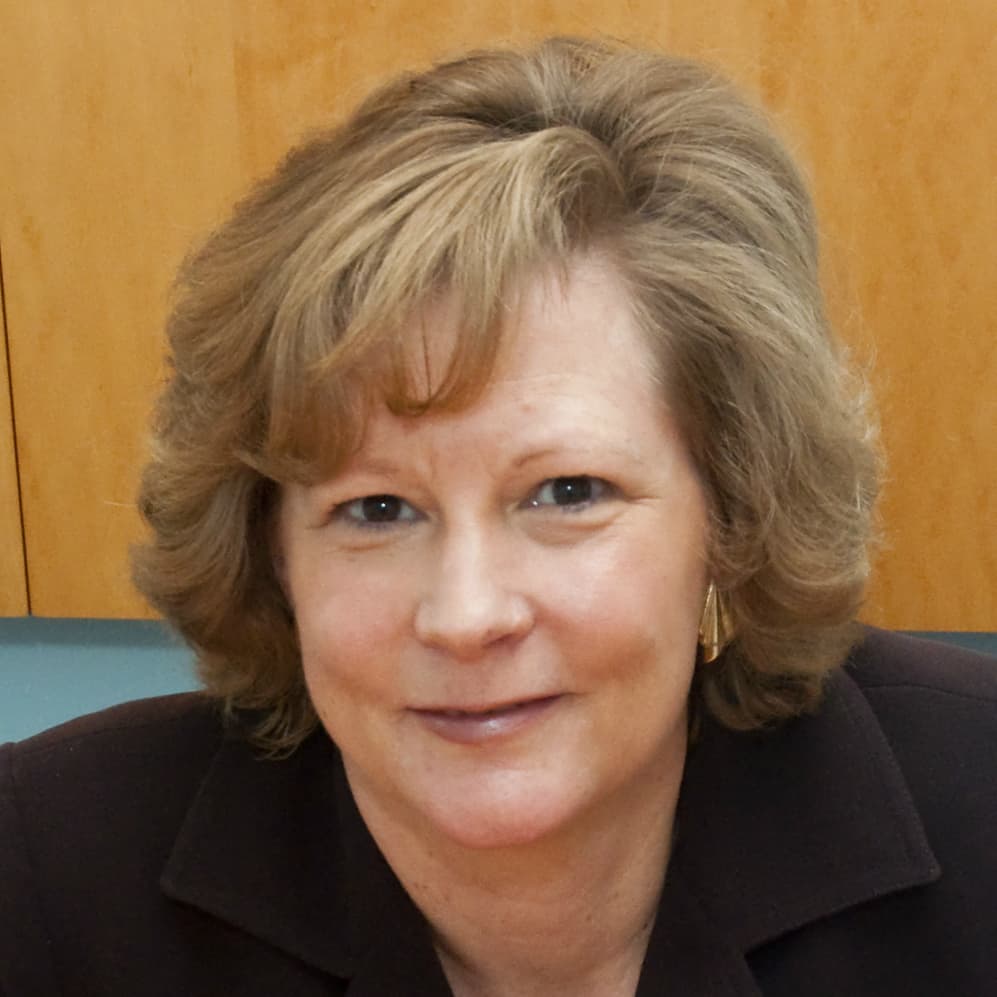Advertisement
High Stakes When School Is Out: The Lifelong Inequality Borne Of The Summer Learning Gap

Every June and September, those who work in education bemoan the “summer slide” — that is, what happens when kids’ minds turn idle during the summer. While many efforts are underway to address this, given a deep commitment to education and equality, our city and state are simply not doing enough.
What’s the problem? A growing divide. New research reveals that by age 12, kids from higher-income households have spent 6,000 more hours learning outside the classroom than low-income students do, through tutoring, music lessons, travel, library visits — and summer programs. Students from low-income families will lose, on average, two months in reading skill over the summer.
...by age 12, kids from higher-income households have spent 6,000 more hours learning outside the classroom than low-income students do.
Lack of access to summer learning is part of a year-round cycle that contributes to the achievement gap, a disparity in academic performance — and, later, college performance and career opportunities — between kids from high- and low-income households. From elementary through high school, families with the highest income now spend seven times more on educational opportunities outside the school day than low-income families do, an unprecedented disparity that has been named “the opportunity gap.”
We all have a stake in closing that divide. Economists have sounded the alarm in recent years about the financial impact on the nation of this educational inequity. But we know that students growing up in poverty who become avid learners, achieving in and outside of school, and then graduating high school, are significantly more likely to contribute to our country’s economic stability, growth and competitiveness. Doing right by all our kids is also the right thing for our future.
The mandate is clear: Expanding learning time for low-income kids has to become a priority. How?
First, we must recognize that different models successfully expand learning time. Some school systems are lengthening and re-designing the school day and year, to broaden skills with subjects like robotics and hands-on science. Some create partnerships to integrate classroom time with career experience, while others are strengthening after school programs to include enrichment and academic support. To reach more kids, we must help schools expand learning in ways that work for their students and their community.
Second, funding for expanding learning time must be sustainable and targeted. Serving more kids requires increased investment. The Massachusetts legislature is currently revisiting the basic education funding formula through its Foundation Budget Review Commission, comprised of legislators and members of the education community. They will issue preliminary recommendations by June 30, with a final report due by November 1. The recommendations must include consistent funding for expanding learning time, especially for high-poverty schools and communities.
Third, results matter -- our programs must be accountable. The public and private sectors deserve a clear return on their investment. To improve summer learning, five years ago the Boston Public Schools teamed up with Boston After School and Beyond, a non-profit that convenes organizations committed to closing the opportunity gap. They engaged national researchers to evaluate summer programs with robust tools that measure academic performance and social-emotional growth — meaning life and work skills, including teamwork, relationships with adults, and perseverance.
A range of programs serving middle-school students, such as Sociedad Latina in Mission Hill and Thompson Island Outward Bound Education Center in the Boston Harbor Islands, volunteered to have their work critiqued. This included observations by external evaluators, teacher reports, student surveys and the development of working relationships across this new peer network. As a result of involvement in this five-year study, Sociedad and Thompson Island improved results year by year and demonstrated significant gains for students in social-emotional skills and math and English performance. Dozens of organizations throughout greater Boston have followed suit, embracing these evaluation tools for continuous improvement. Such commitment to results must become the norm.
...students growing up in poverty who become avid learners ... are significantly more likely to contribute to our country’s economic stability, growth and competitiveness.
Finally, we need community ownership. Universities, corporations and non-profits can expand internships and paid summer jobs for low-income students. Affluent teens are twice as likely to find summer employment as low-income youth, who are in need of the income as well as the intellectual and life skills.
We all have a vested interest in the success of the next generation. Ask young people in our neighborhoods what they’re doing for the summer. Spread the word that the YMCA offers free summer memberships for teens, that camps at community centers and the Boys and Girls Clubs have a sliding-scale fee. Let them know that the City of Boston sponsors one site covering all summer activities, jobs and volunteering.
We must not slide into complacency about summer learning loss. Instead, let’s ensure that all kids move forward, in the summer and year-round.
 This op-ed was co-authored by Jennifer Davis, president and co-founder of the National Center on Time & Learning and its state affiliate, Massachusetts 2020.
This op-ed was co-authored by Jennifer Davis, president and co-founder of the National Center on Time & Learning and its state affiliate, Massachusetts 2020.